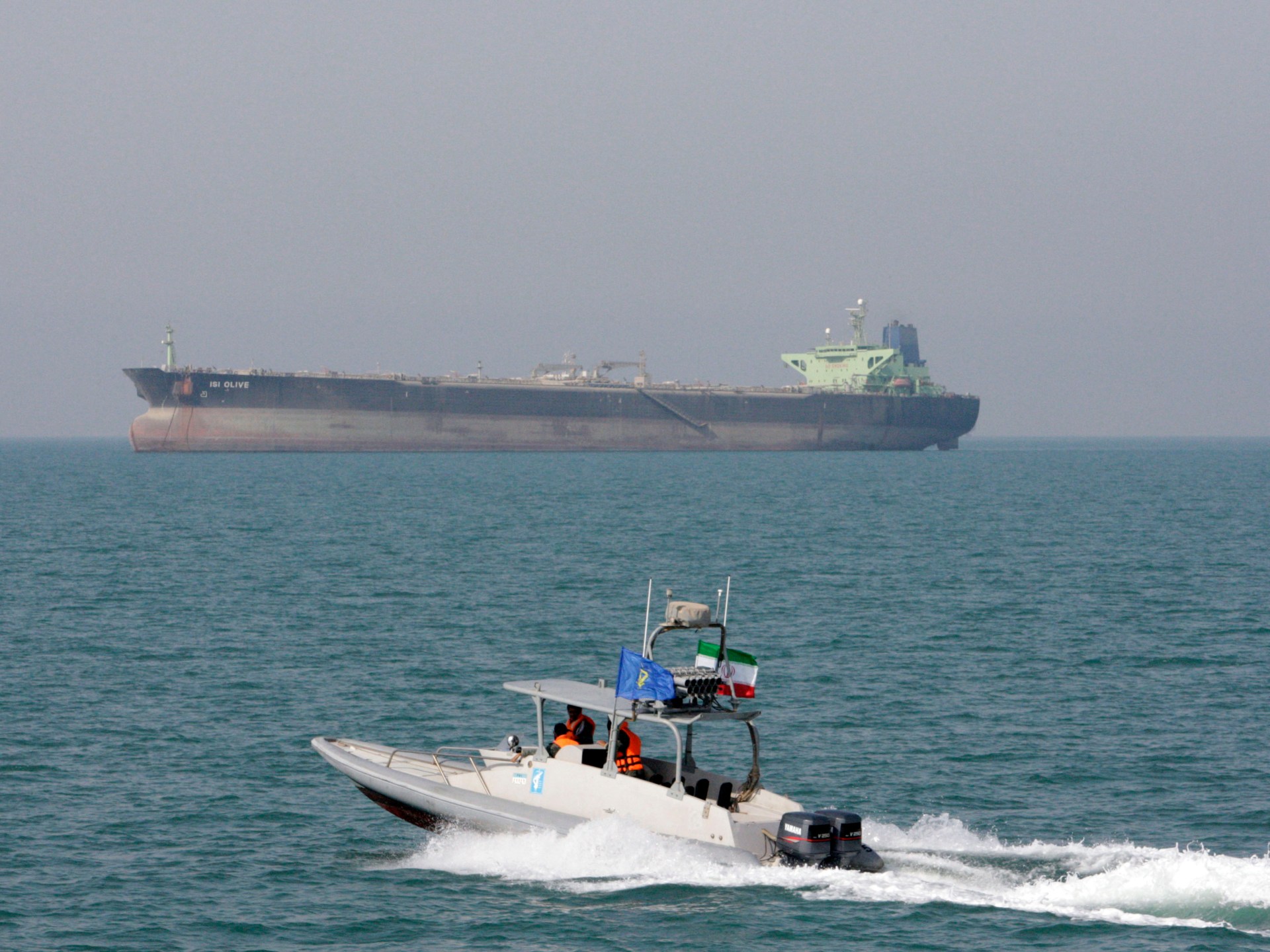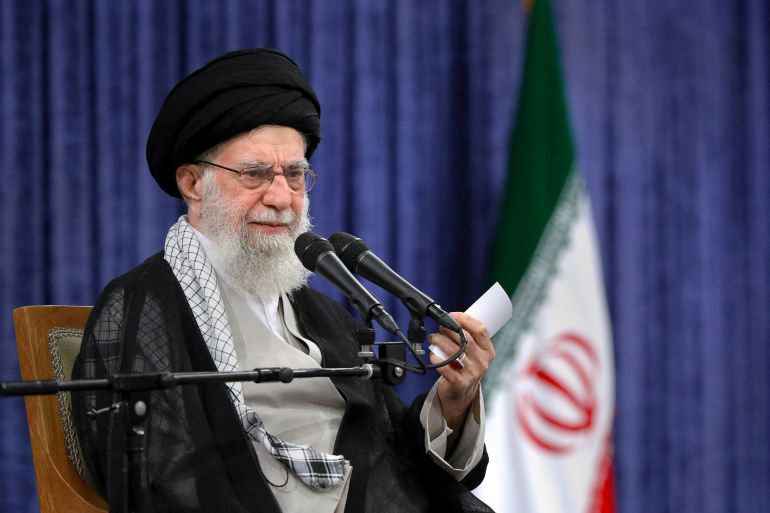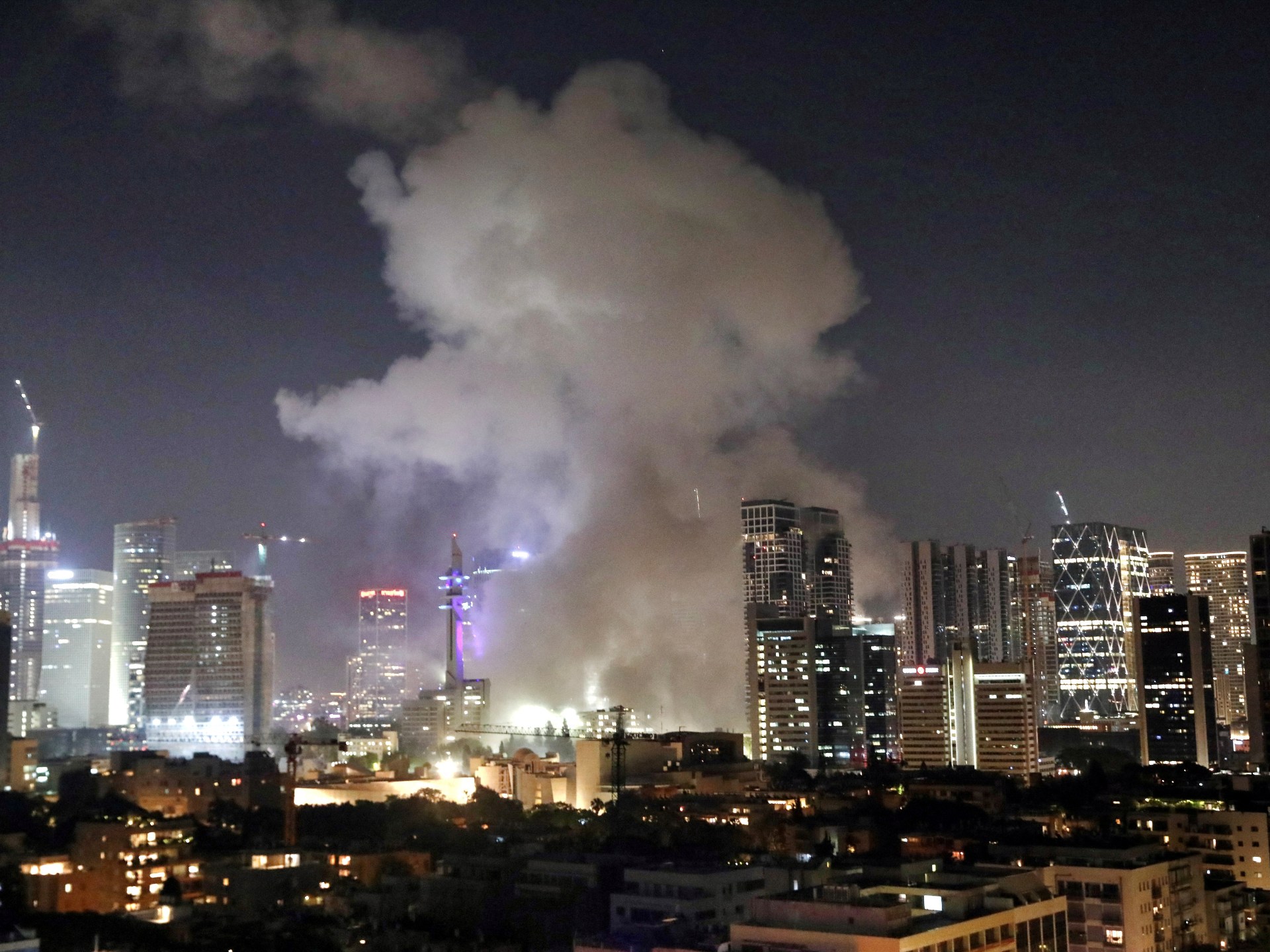Israel’s strike on military and nuclear sites, and Iran’s retaliation, have rocked already strained global supply chains.
As airlines suspend flights to Tel Aviv, Tehran and other airports across the region, oil companies, shipping firms, and regulatory agencies are scrambling amid growing concerns that key trade routes like the Strait of Hormuz could be caught in the crossfire.
Merchant shipping is still passing through the Strait of Hormuz, but with increased caution. Iran has previously threatened to close this critical trade route in response to Western pressure. Even the suggestion of such a move has already sent shockwaves through global markets, and the price of oil has risen.
United States President Donald Trump’s latest rhetoric has done little to ease those concerns. He warned that if Iran does not “make a deal”, there could be more “death and destruction”.
“If the United States is perceived to be involved in any attacks, the risk of escalation increases significantly,” Jakob Larsen, chief safety and security officer with shipping association BIMCO, told the Reuters news agency.
Oil Prices Rise
As of 4:00pm in New York (20:00 GMT), Brent crude prices, which are considered the international standard, are 5 percent higher than yesterday’s market close.
Oil futures spiked more than 13 percent at one point, reaching their highest levels since January.
Any closure of the Strait of Hormuz, a strategic trade route between the Arabian Gulf and the Gulf of Oman, through which roughly 20 percent of the world’s global oil output travels, would likely drive oil prices even higher. This could intensify inflationary pressures globally, and particularly in the US.
The price surge comes on the heels of a better-than-expected Consumer Price Index report in the US earlier this week, which showed prices increased by just 0.1 percent for the month. Energy costs remain a key inflation driver. Petrol prices, in fact, fell 2.6 percent during the period. Consumer sentiment, too, jumped for the first time in six months as tariff fears eased. However, the new conflict could cut short the relief that US consumers had expressed, according to analysts from JPMorgan Chase.
Wait and see
“Sustained gains in energy prices could have a dire impact on inflation, reversing the months-long trend of cooling consumer prices in the US,” commodity researchers for JPMorgan Chase said in a note released on the heels of the strike. “We continue to believe that any political policies that might drive oil and inflation higher would likely yield to Trump’s primary objective of maintaining low energy prices—a campaign promise,” analysts Natasha Kaneva, Prateek Kedia, and Lyuba Savinova wrote.
The markets more broadly dropped on the news. The S&P 500 tumbled 1.1 percent, the Dow Jones Industrial Average is down 1.7 and the Nasdaq is 1.3 percent lower.
“Today, as you can see from the markets, whether it’s the S&P, whether it’s Bitcoin, things have been kind of stable or flat. So there’s a little bit of a wait-and-see approach. Oil is acutely affected simply because Iran is such a significant part of the global oil supply. But thus far, Israel has refrained from hitting in any severe fashion the oil infrastructure of Iran. Should that change, that will obviously have a much more dramatic impact,” Taufiq Rahim, an independent geopolitical strategist and Principal for the 2040 Advisory, told Al Jazeera.
If shipping through the critical seaway were suspended, even temporarily, the International Energy Agency said it is well supplied to release emergency reserves, if needed. However, that comes with the risk of depletion.
There are 1.2 billion barrels in its strategic reserves. The world uses about 100 million barrels of oil per day.
“If it does rise to the level of closing the Strait of Hormuz, well, now that’s going to be the biggest oil shock of all time,” Matt Gertken, chief geopolitical strategist and senior vice president at BCA Research, a macroeconomic research firm, told Al Jazeera.
OPEC Secretary-General Haitham al-Ghais criticised the IEA for its statement that it could release strategic reserves, saying it “raises false alarms and projects a sense of market fear through repeating the unnecessary need to potentially use oil emergency stocks”.
This comes amid increased pressure for the group of oil-producing nations to increase output. Earlier this month, OPEC+ members agreed to raise production by 411,000 barrels for the month of July.
The Strait of Hormuz remains open for now. Countries, including Greece and the United Kingdom, have advised ships to avoid the Gulf of Aden, the body of water between Yemen and Somalia that connects to waterways that are close to Israel, and to log all voyages through the Strait, according to documents first seen by Reuters.
Further escalation on the horizon?
Iran could attack Iraq to reduce the global oil supply to further escalate tensions. In January 2024, Iran attacked Iraq, which it said was in retaliation for armed attacks within its own territory, The New York Times reported.
“We should assume that we’re going to lose both Iranian and Iraqi oil production, which brings us to the point where we could be seeing five to seven million barrels per day taken offline,” Gertken told Al Jazeera.
Gertken believes Iran would do this to provoke the West.




